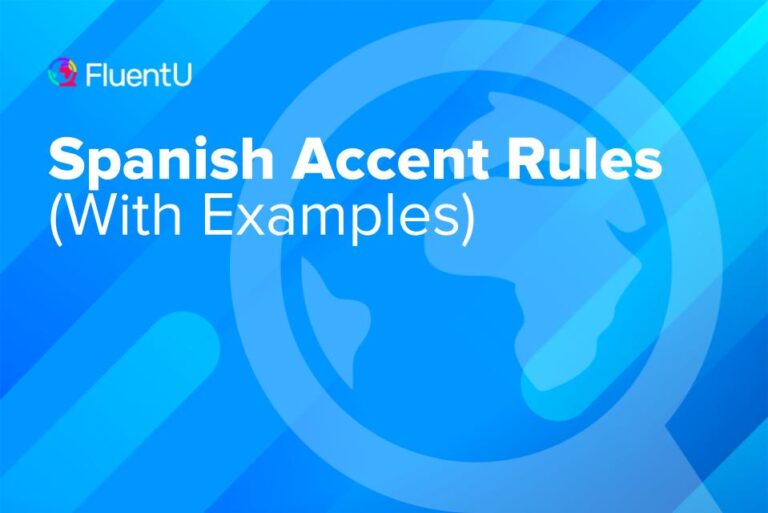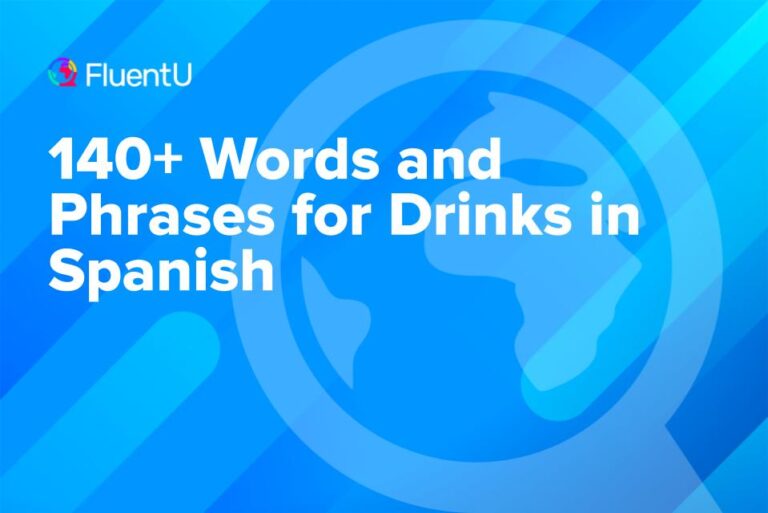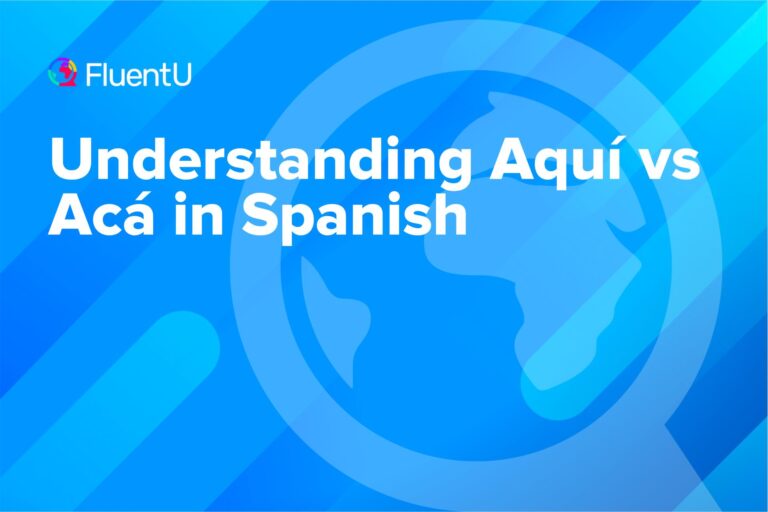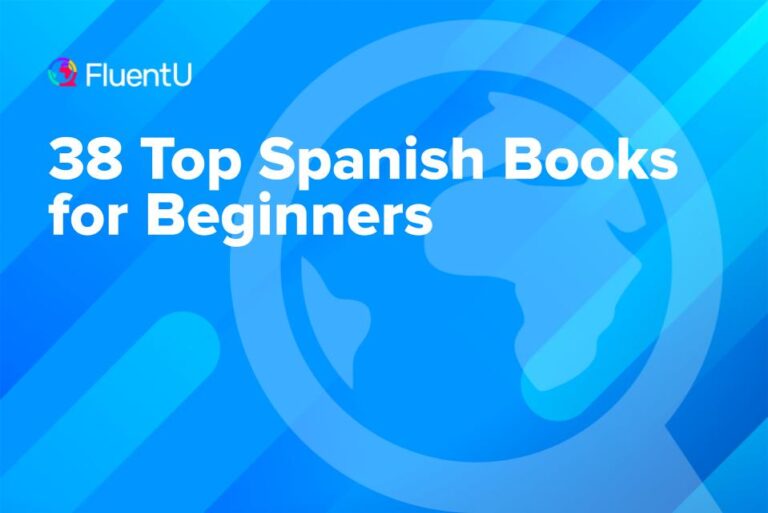Contents
- Spanish in Bolivia
- Common Bolivian Spanish and Quechua Phrases
- 1. Camote — (m./f.) Crazy in love
- 2. Cuate — (m.) Friend
- 3. T’anta — (m./f.) On the fritz
- 4. Imilla — (f.) Young woman
- 5. Llocalla / Yocalla — (m.) Young man
- 6. Chupar — To drink, especially alcohol
- 7. Chaqui — (m.) Hangover
- 8. Tombo — (m.) Police
- 9. Estar quencha — To have bad luck
- 10. Opa — (m./f.) Idiot, fool
- 11. Cojudo , Cojuda — (m./f.) Idiot
- 12. Gil — (m.) Idiot
- 13. Corotón — (m.) Idiot
- 14. Padre — (m.) Idiot
- 15. Paparupa — (m./f.) Idiot, nonsense
- 16. Charlar — To smooth-talk
- 17. Chuto , Chuta — (m./f.) Naked
- 18. Lagartear — To laze around
- 19. Pachanga — (f.) Game
- 20. Jailón , Jailona — (m./f.) Snobbish, stuck-up
- 21. Huaso , Huasa — (m./f.) Shameless, rude
- 22. Singani — (m.) A grape brandy typical of Bolivia
- 23. Pirañear — To flirt
- 24. Ñeque — (m.) Courage
- 25. Chacharse — To play hooky (from school)
- 26. ¡Anda a moler agua! — Screw you!
- 27. ¡Qué chala! — Awesome!
- 28. Elay, puej — Well, yes
- 29. Pintudo , Pintuda — (m./f.) Elegant
- 30. ¡Jallalla! — Yes, we agree, hooray
- 31. Gua — Expression of surprise
- 32. Laca — (m./f.) Flavorless
- 33. Guagua — (m./f.) Baby
- 34. Churro , Churra — (m./f.) Beautiful
- 35. Yesca — (m./f.) Broke
- Quechua on the Road in Bolivia
- 36. Imaynallan kashanki? — How are you?
- 37. Walliq — Great, good, OK
- 38. Allinlla kashani. — I am just fine.
- 39. Manchay allin. — I’m doing completely fabulous!
- 40. Ñuqa-qa Mose ka-ni. — I am Mose.
- 41. Qam Estados Unidos suyumanta kanki. — I am from the United States.
- 42. Tinkuta tusuyta yachachiway! — Teach me the tinku dance!
- 43. À! — (softens your tone)
- 44. K’acha qhari — Beautiful guy
- 45. K’acha warmi — Beautiful girl
- 46. Mana yachanichu. — I don’t know.
- 47. Ch’allana! — Let’s toast!
- 48. Champ’a uma — Someone who’s going nutty
- 49. Challarikuna! — Let’s toast for us!
- 50. Tinkunakama. — See you next time.
- Continuing Your Learning of Bolivian Languages
- And One More Thing…
Bolivian Spanish (Plus Phrases and Slang)
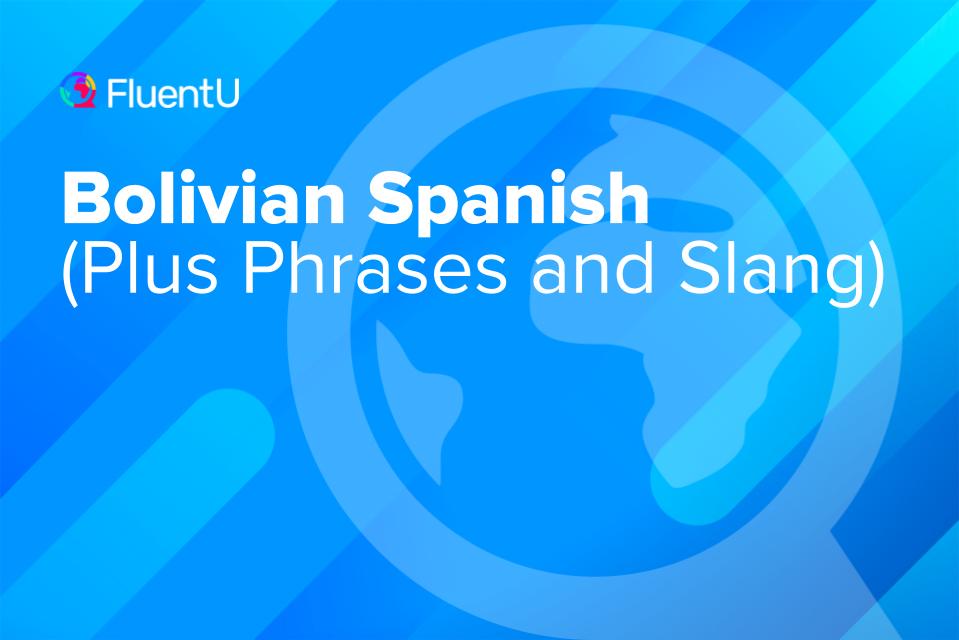
Bolivia is not the first destination people tend to fantasize about visiting in Latin America. But those who do visit Bolivia—usually later on in their South American adventures—rave about it, with its cute towns, fun cities and the hospitality and openness of its people.
If you’re going to be staying in Bolivia, you’ll have to know at least some Bolivian Spanish (and Quechua). Read on for 50 typically Bolivian expressions in both Spanish and Quechua so you can get on a fun footing fast with the locals!
Download: This blog post is available as a convenient and portable PDF that you can take anywhere. Click here to get a copy. (Download)
Spanish in Bolivia
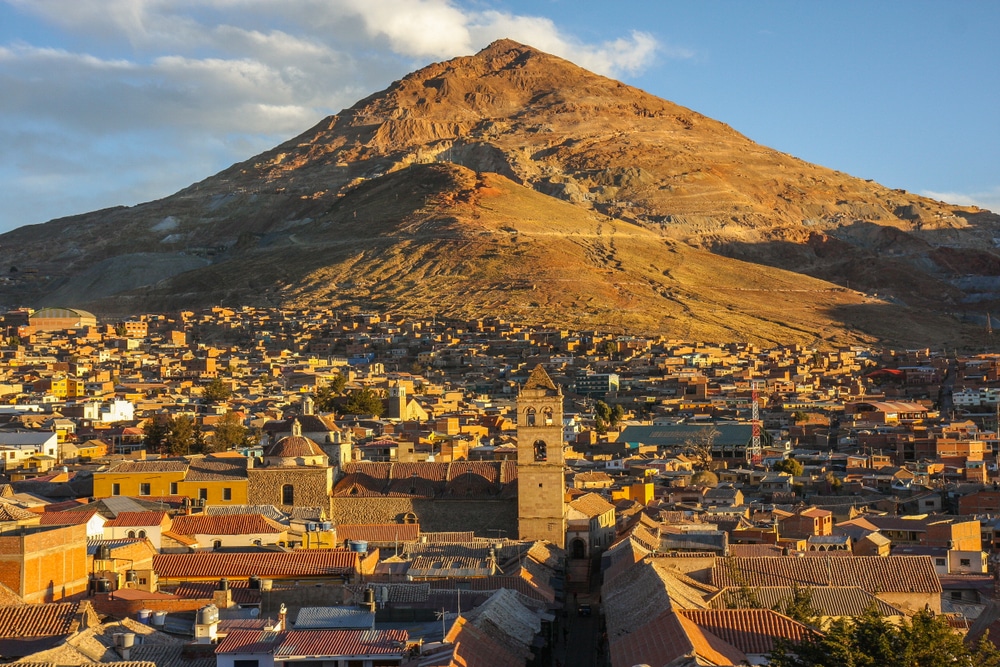
Bolivia is a very diverse country—in fact, it has 37 official languages, with several major indigenous groups! Out of all these languages, Spanish is considered the most dominant. It’s the language used in school and formal settings, and it’s spoken throughout the country, acting as a lingua franca.
There are several variations of Spanish spoken in Bolivia, but we’ll be focusing on Andean Spanish. This is the Spanish spoken in the highlands, where a huge chunk of people in Bolivia live. The highlands cover major cities like La Paz and Potosí, and most of Bolivia’s indigenous groups also live there, including the Quechua and Aymara.
Bolivian Spanish Pronunciation
Spanish pronunciation can differ quite a bit from country to country, so here are some key points to remember for Bolivian Spanish.
- As with most Latin American Spanish, Bolivian Spanish pronounces the letters c (before e and i), z and s as s in “snake.” In Spain, these would be pronounced as th instead. For example:
Zapato (shoe) → sah-PAH-toh (not tha-PAH-toh)
- Ll and y are pronounced by younger people as the y in “yes,” but in more rural areas and with older generations, you can still hear these pronounced as zh. For example:
Llave (key) → zha-VE
- Because of influences of indigenous languages like Quechua, the intonation can sound more staccato, with flatter sounds and less stress.
In the highlands, you’ll notice that Spanish is also spoken a bit more slowly, and vowels are crisp and clear.
Bolivian Spanish Grammar
Bolivian Spanish pretty much follows almost the same grammar as standard Spanish, but there are some small differences:
- This is another Latin American Spanish trait: Bolivian Spanish uses vos instead of tu for the second person singular informal. For example:
Vos hablas (not tu hablas)
- Grammar structures from indigenous languages can get carried over to Bolivian Spanish, such as sometimes explicitly saying subject pronouns instead of dropping them. For example:
Yo voy al mercado (I’m going to the market) instead of Voy al mercado
- The order of Spanish pronouns can also change. For example:
Lo se di a ella (I gave it to her) instead of Se lo di a ella
You’ll actually find more differences in Bolivian Spanish vocabulary rather than grammar, which is why we’ll go through a vocabulary list later!
Other Languages in Bolivia
In Bolivia, you’re really going to want to talk to the locals, and of course that’s always more fun if you speak their native languages. Yes, languages—plural.
There’s so much more than Spanish in Bolivia! Some of Bolivia’s 37 official languages are effectively dead, but some are very much alive. A census survey puts the main languages used by the population at 69% for Spanish, 17% for Quechua (also sometimes spelled Quichua) and 11% for Aymara. Other languages include Araone, Moré and Pacahuara.
Despite these, it’s still handy to know Spanish because many Bolivians who mainly speak the other languages are also bilingual in Spanish.
Common Bolivian Spanish and Quechua Phrases
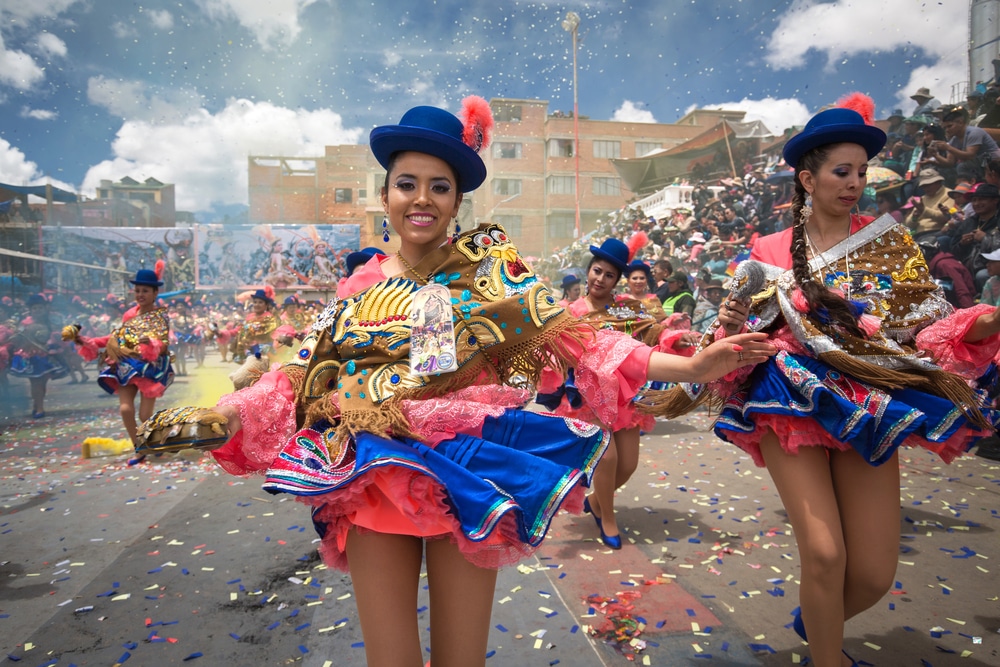
The Spanish that’s used in Bolivia has a lot of unique expressions that you won’t find anywhere else. One reason is there’s a bit of Quechua—among other indigenous languages—mixed into it.
If some of the words in the vocabulary list below don’t sound Spanish, that’s because they’re taken from Quechua. For example, kh’encha, ch’aqui and kh’oroton are all Quechuan words that you might hear in everyday Bolivian Spanish.
There are also some regular Spanish vocabulary that can have a different meaning in Bolivia (like padre!). Check out the list below:
1. Camote — (m./f.) Crazy in love
¿Has visto cómo la mira? Definitivamente, está camote. (Have you seen the way he looks at her? He’s definitely crazy in love.)
2. Cuate — (m.) Friend
Cuate means friend.
Aunque se mudó recientemente, ella ya logró tener cuates en la ciudad. (Even though she moved recently, she already made friends in the city.)
3. T’anta — (m./f.) On the fritz
This can also be translated as “old and crummy.”
Si tu radio está t’anta; es mejor comprar una nueva. (If your radio is on the fritz, it’s better to buy a new one.)
4. Imilla — (f.) Young woman
It’s derived from the Quechua word for girl. Be careful with using it, though, because it can sometimes have a disrespectful connotation!
Conocí a una imilla en la fiesta. (I met a young woman at the party.)
5. Llocalla / Yocalla — (m.) Young man
Similar to imilla, these are based on the Quechua word for boy and can also sound disrespectful depending on the context.
Ese llocalla/yocalla de rojo me parece conocido. (That young man in red looks familiar.)
6. Chupar — To drink, especially alcohol
This literally means to lick or suck.
Esta noche vamos a chupar hasta tarde. (This evening we’re going to drink until late.)
7. Chaqui — (m.) Hangover
It’s based on the Quechua word for “foot.”
Nada peor que trabajar con chaqui. (Nothing’s worse than working with a hangover.)
8. Tombo — (m.) Police
El tombo me pidió mi identificación. (The police asked for my ID.)
9. Estar quencha — To have bad luck
Quencha is yet one more Quechua-derived word meaning “bad luck.”
No puedo creer que se me ponchó la llanta, ¡estoy quencha hoy! (I can’t believe my tire went flat; I have bad luck today!)
10. Opa — (m./f.) Idiot, fool
This one comes from upa, which is Quechua for “dumb” or “deaf.”
¿Por qué hiciste eso? ¡Eres un opa! (Why did you do that? You’re an idiot!)
11. Cojudo , Cojuda — (m./f.) Idiot
¡No me hagas pasar por cojudo! (Don’t make me look like an idiot!)
12. Gil — (m.) Idiot
Solo un gil dejaría pasar esa oportunidad. (Only an idiot would miss that opportunity.)
13. Corotón — (m.) Idiot
Ese corotón no sabe nada. (That idiot doesn’t know anything.)
14. Padre — (m.) Idiot
As in standard Spanish, this also means father.
No me hables como si fuera un padre. (Don’t talk to me like I’m an idiot.)
15. Paparupa — (m./f.) Idiot, nonsense
Esa historia es una paparupa, no tiene sentido. (That story is nonsense; it doesn’t make sense.)
16. Charlar — To smooth-talk
In standard Spanish, this just means chatting or giving a speech.
Creo que Javier solo me está charlando. (I think Javier is just smooth-talking me.)
17. Chuto , Chuta — (m./f.) Naked
The word in standard Spanish for this is desnudo.
No quiero que nadie entre; estoy chuto. (I don’t want anyone to come in; I’m naked.)
18. Lagartear — To laze around
Después de trabajar tanto, solo quiero lagartear. (After working so hard, I just want to laze around.)
19. Pachanga — (f.) Game
While this word can mean “party” in many Spanish-speaking countries (including Bolivia), it can also be used for informal sports games—like a street soccer match with your friends, for example.
Este fin de semana hay una pachanga en el parque del barrio. (There’s a game at the neighborhood’s park this weekend.)
20. Jailón , Jailona — (m./f.) Snobbish, stuck-up
No me gusta salir con Valeria; es muy jailona. (I don’t like hanging out with Valeria; she’s so stuck-up.)
21. Huaso , Huasa — (m./f.) Shameless, rude
¿No te parece huasa su actitud? (Don’t you find his attitude shameless?)
22. Singani — (m.) A grape brandy typical of Bolivia
Para celebrar, decidimos brindar con singani. (To celebrate, we decided to toast with singani.)
23. Pirañear — To flirt
Mi amigo está tratando de pirañear con una imilla. (My friend is trying to flirt with a girl.)
24. Ñeque — (m.) Courage
No cualquiera haría eso; tienes mucho ñeque. (Not everyone would do that; you got a lot of courage.)
25. Chacharse — To play hooky (from school)
Creo que varios estudiantes se chacharon para ir al concierto. (I think several students skipped class to go to the concert.)
26. ¡Anda a moler agua! — Screw you!
Its literal meaning is “go grind water.”
No me importa tu opinión, ¡anda a moler agua! (I don’t care about your opinion, screw you!)
27. ¡Qué chala! — Awesome!
¡Qué chala! Me encanta tu nuevo peinado. (Awesome! I love your new hairstyle.)
28. Elay, puej — Well, yes
This is used in Western Bolivia.
Elay puej, ese pastel estaba delicioso. (Well, yes, that cake was delicious.)
29. Pintudo , Pintuda — (m./f.) Elegant
Mariana viene muy pintuda hoy. (Mariana looks so elegant today.)
30. ¡Jallalla! — Yes, we agree, hooray
This expression is both Quechua and Aymara. It’s a versatile way to express agreement, excitement, and even surprise—depending on the context. It doesn’t have an exact English equivalent.
¡Jallalla, lo logramos! (Hooray, we did it!)
31. Gua — Expression of surprise
Abrí el regalo y, gua, ¡era justo lo que quería! (I opened the gift and wow, it was just what I wanted!)
32. Laca — (m./f.) Flavorless
No quiero ser grosero, pero la comida está laca. (I don’t want to be rude, but the food is flavorless.)
33. Guagua — (m./f.) Baby
This word can be used for both baby boys and girls.
Mi hermana tiene un guagua de solo tres meses. (My sister has a baby who’s only three months old.)
34. Churro , Churra — (m./f.) Beautiful
¡Esa chica es una churra! (That girl is beautiful!)
35. Yesca — (m./f.) Broke
This one comes from Quechua, too. You can use yesca to describe both broke men and women.
Alejandro no puede salir este fin de semana; está yesca. (Alejandro can’t go out this weekend; he’s broke.)
Quechua on the Road in Bolivia
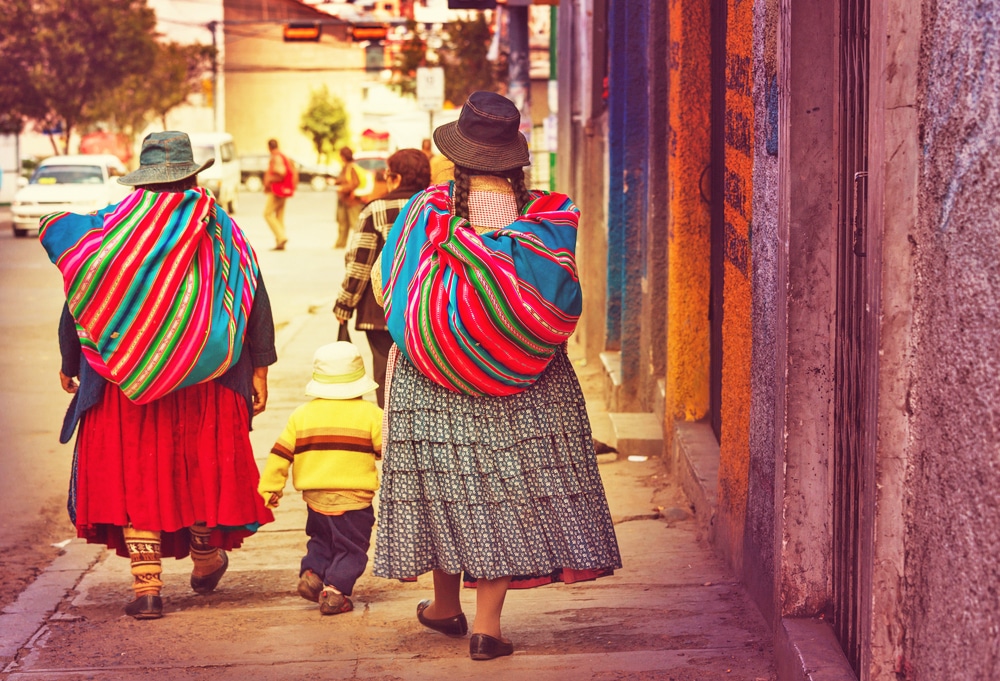
The following are useful and fun words and phrases in the Quechua spoken in areas of Bolivia. The pronunciation varies according to the region, but in general using your understanding of Spanish pronunciation plus the notes above won’t lead you too far astray. Stress is almost always on the second-to-last syllable.
You’ll be happy to know that Quechua has no irregular verbs, nouns (cases) or adjectives. Nouns also thankfully don’t have genders to memorize, and even the words for he/she/it aren’t gender-specific. On the other hand, words do tend to get very long (suffixes are tacked on to add meaning), and they will look like nothing you’ve ever seen before.
36. Imaynallan kashanki? — How are you?
37. Walliq — Great, good, OK
38. Allinlla kashani. — I am just fine.
39. Manchay allin. — I’m doing completely fabulous!
40. Ñuqa-qa Mose ka-ni. — I am Mose.
41. Qam Estados Unidos suyumanta kanki. — I am from the United States.
Quechua speakers use the Spanish names for countries.
42. Tinkuta tusuyta yachachiway! — Teach me the tinku dance!
You can watch the tinku dance here.
43. À! — (softens your tone)
Add this sound after a command like the preceding one to make it sound more pleasant and polite.
44. K’acha qhari — Beautiful guy
This is a term of endearment, like guapo in Spanish.
45. K’acha warmi — Beautiful girl
This is also a term of endearment, like guapa.
46. Mana yachanichu. — I don’t know.
47. Ch’allana! — Let’s toast!
48. Champ’a uma — Someone who’s going nutty
This literally means someone who has weeds growing in one’s head.
After you say this, instead of clicking your glasses together, you should spill some of your drink on the ground as an offering for Pachamama, or Mother Earth. If you’re in a city you may, however, just raise your glass a bit if you don’t want to get the floor dirty.
49. Challarikuna! — Let’s toast for us!
50. Tinkunakama. — See you next time.
Continuing Your Learning of Bolivian Languages

Hee are some resources for getting to know more Bolivian Spanish expressions:
- Lonely Planet has a practical travel guide for Bolivia, so you’ll get to learn about the country, its languages and its cultures.
- italki is an excellent place to practice conversations with Bolivians online. In fact, I learned some of these expressions through conversations and language exchanges—you don’t even have to be in the country! iTalki also allows you to find a tutor based in Bolivia—a true blue native speaker from the country who knows the ins and outs of the local language.
- FluentU’s Spanish program teaches you the language through Spanish videos from different countries.
FluentU takes authentic videos—like music videos, movie trailers, news and inspiring talks—and turns them into personalized language learning lessons.
You can try FluentU for free for 2 weeks. Check out the website or download the iOS app or Android app.
P.S. Click here to take advantage of our current sale! (Expires at the end of this month)

- CouchSurfing helps you find speakers of your target language here—by definition they’re interested in exchanges with foreigners. Another idea worth trying is contacting Bolivians who are learning English in Facebook groups and language schools, particularly if you’re looking to achieve the language or accent of a specific geographical area.
For learning Quechua specifically, get started with these useful materials:
- Lonely Planet also offers a Quechua dictionary and phrasebook for travelers.
- “Kawsay Vida” is an English-language coursebook on Quechua. The first chapter is available on Google Books, and if you like it you can buy the rest on paper and DVD.
- “So You Want to Learn Quechua?” is an outdated but still quite interesting guide to resources and learning.
- Curso de Lengua Quechua is a stiffly written but more complete free guide to the language in Spanish.
Armed with these resources and phrases, you’ll hopefully be able to enjoy your time in Bolivia even more and have some fun practicing both Spanish and Quechua.
Best of luck, cuate! Tinkunakama!
Download: This blog post is available as a convenient and portable PDF that you can take anywhere. Click here to get a copy. (Download)
And One More Thing…
If you've made it this far that means you probably enjoy learning Spanish with engaging material and will then love FluentU.
Other sites use scripted content. FluentU uses a natural approach that helps you ease into the Spanish language and culture over time. You’ll learn Spanish as it’s actually spoken by real people.
FluentU has a wide variety of videos, as you can see here:

FluentU brings native videos within reach with interactive transcripts. You can tap on any word to look it up instantly. Every definition has examples that have been written to help you understand how the word is used. If you see an interesting word you don’t know, you can add it to a vocab list.

Review a complete interactive transcript under the Dialogue tab, and find words and phrases listed under Vocab.

Learn all the vocabulary in any video with FluentU’s robust learning engine. Swipe left or right to see more examples of the word you’re on.

The best part is that FluentU keeps track of the vocabulary that you’re learning, and gives you extra practice with difficult words. It'll even remind you when it’s time to review what you’ve learned. Every learner has a truly personalized experience, even if they’re learning with the same video.
Start using the FluentU website on your computer or tablet or, better yet, download the FluentU app from the iTunes or Google Play store. Click here to take advantage of our current sale! (Expires at the end of this month.)

